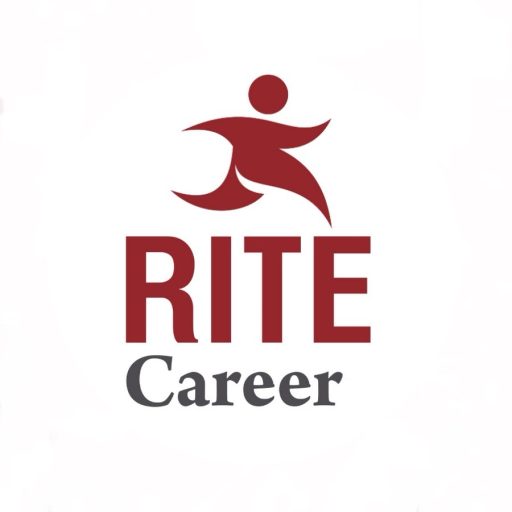Introduction
This article provides an overview of a career in structural engineering complete with helpful links to information as well as résumé writing and interview practice.
As structural engineers work in a field where mistakes regarding stress and load capabilities can result in death and disaster with long-lasting repercussions, it’s not surprising there’s a great deal of certifications and exams one must pass in order to obtain a career in the field.
Being a practicing structural engineer requires the following:
-
- An engineering degree
- Work experience in the province/territory where you will be licenced
- Passing the Professional Practice Examination (PPE)
- Demonstration of good character
- Demonstrate the ability to work in English or French (depending on province/territory)
- Certifications
A Degree in Engineering
You must complete an accredited engineering program first, which will take three or four years. Given the time investment you’ll want to be sure that your program has been approved by Engineers Canada before registration.
Work Experience
You will require four years (sometimes displayed as 48 months) working under a professional engineer before you attempt the Professional Passing Examination. That’s correct: you will need to find engineering work before you can pursue a career in engineering work, but as engineering mistakes cost lives and have serious consequences there’s good reasons to only allow seasoned individuals to become certified licensed engineers. You’ll need to obtain an internship or apprenticeship and work under a professional who will ensure you obtain the additional skills you’ll need.
Consider reading “What is an Engineer in Training? A Complete Guide” by Indeed’s editorial team, although many academic facilities will help you find a placement. You may also need to network with family and friends, professional social media platforms like LinkedIn.
This is where a good résumé and interview practice will come in handy, and help with both is offered by Rite Careers. At this stage, it’s more important that you demonstrate a willingness to learn and ability to use the resources at hand to solve problems.
Practice that interview until your confidence shines through!
Pass the Professional Practice Examination
Engineering regulators ensure that all professional engineers not only meet a minimum of skills and experience, but also demonstrate good character and communication in at least one of Canada’s two official languages. Engineers Canada helpfully provides a list of regulators with websites to visit for more information.
Obtain certifications and licenses
There are many kinds of certifications for structural engineers, some required and others that grant additional career flexibility and higher earnings:
- Professional Engineering (PE) Certification
- Certified Transportation Professional Certification
- Certified Construction Manager (CCM) Certification
- Geotechnical Engineering Certification
- LEED Accredited Professional (LEED AP) Certification
- Project Management Professional (PMP) Certification
- Certified Floodplain Manager (CFM) Certification
- American Concrete Institute (ACI) Certification
- Structural Engineering Certification
- Certified Quality Engineer (CQE) Certification
Networking, again
Once you’re a licensed and certified professional structural engineer, it’s right back to networking and interviewing – this time as a professional as opposed to an engineer-in-training. LinkedIn can be used to broaden your network and groups such as Canada Structural Engineers Association can help.
Good luck – engineering is an important career but requires a significant time investment to achieve!



